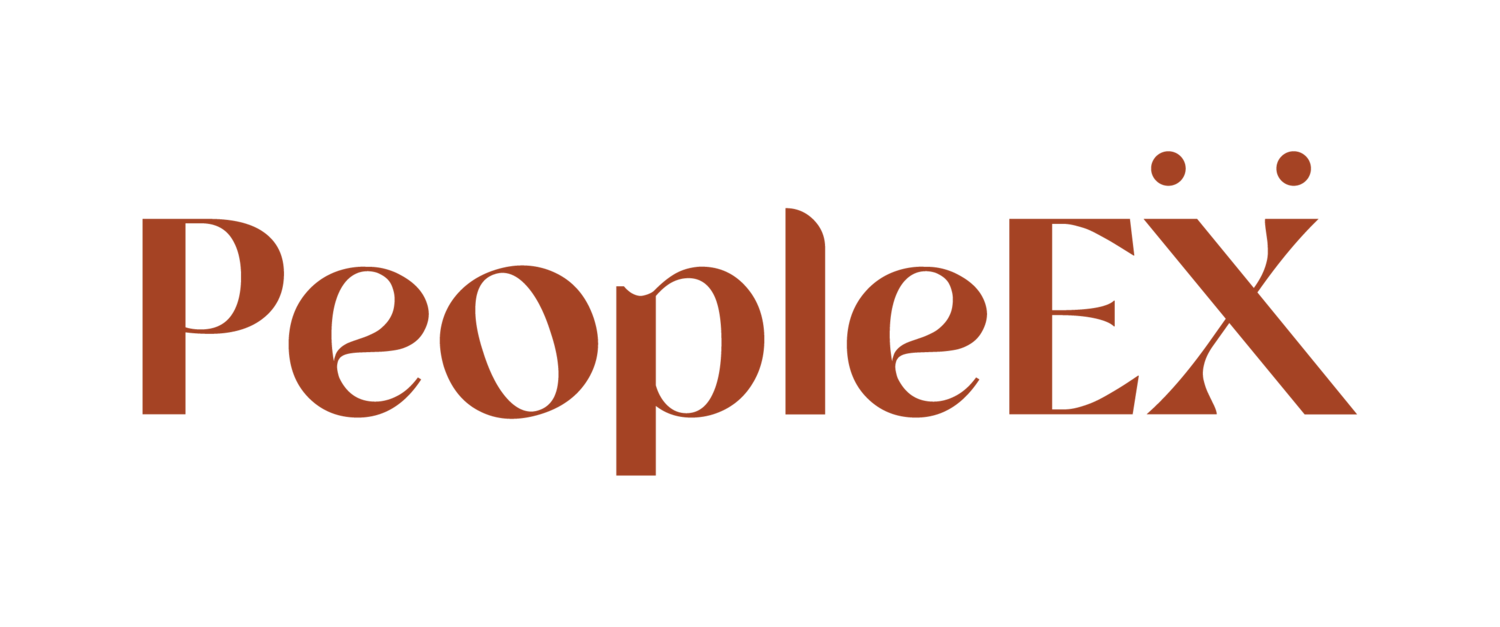In a world of uncertainty, people are the only certainty
Cost of living increases, fears of a recession, higher interest rates, extreme weather events, and mental health challenges are all red flags for a potentially challenging climate ahead. It's a hard time for workplaces characterised by strong employee anxiety, stress, and apprehension around the future.
There is one thing we know for sure – in a world of uncertainty, people are the only certainty.
So how can we help people feel more secure at work?
1. Review the organisational big picture
Renowned business leader, Paul Polman, has coined the term conscious quitting (#consciousquitting). When talking about his recently released research, he said, 'Our findings are eye-opening. The message that came through loud and clear from thousands of employees is that, in addition to thinking about their financial needs and personal wellbeing, none of which should be downplayed, many also want to work for companies who share their values and who are stepping up on the biggest issues facing humanity, not least climate change and economic inequality.'
In the current climate, employees and customers are demanding more from organisations - forcing exec teams to look at their organisational responsibilities concerning the environment and society.
In short, people want meaning. And meaningfulness in a work sense is the feeling that one's job is making a difference in our communities and the world at large.
Employees who feel a sense of purpose – both in their work and in the deeper meaning behind their work - are more engaged and feel more secure, creating a sense of certainty in what they do and how they do it.
2. Prioritise emotional intelligence and wellbeing
HR can help organisations build an agile and resilient culture, ready to face any challenge. This starts with emotional intelligence training, helping leaders and employees cultivate the mindset and emotional skills needed to cope in uncertain times. And secondly, through offering a culture that centres wellbeing – this includes both our emotional wellbeing and physical. For example, do you have a safe zone in the office - a space workers can use for quiet and timeout?
Employee wellbeing goes hand in hand with employee engagement and feelings of security.
3. Just be honest
The more direct, honest and clear leaders are with their people, the more a culture of trust and certainty can flourish.
Leaders must regularly communicate with employees, offering an honest assessment of the organisation’s situation, the possible outcomes of any action, and what each outcome will mean. Being honest (as opposed to positive predictions that no one believes) is far better for cultivating trust.
4. Have office traditions that enhance belonging
Nothing provides more certainty than the regular BAU actions that fill the work week. Whether it's Friday potluck lunches or weekly office yoga, keep the office traditions alive in times of uncertainty. As humans, we’re hardwired for social connection and habitual by nature - let’s face it, we love a routine.
Workplaces must also think about traditions that honour the diversity of all its people and aim to create a sense of belonging. Do you have a workplace tradition for Māori Language Week or Diwali for example? Choose events that align with your purpose, culture and people to help create a stronger sense of security and connectedness at work.
5. Connect with our shared humanity
Finally, take a moment to think about the capacity of each of your employees. The pandemic showed us that people's threshold for uncertainty is high. With the right leadership and culture, organisations can help people ride the wave of these uncertain times and even thrive within them.
Workplaces can be a ‘safe place’ – a familiar and often routine based place where individuals can bring their whole selves and feel secure and valued. Workplaces that allow one to feel a sense of security are crucial for employee wellbeing. After all, when life is hard and uncertain, the wall between personal life and work life crumbles. How we treat people at work each and every day matters. Purpose, wellbeing, honesty, social connection, routine should be embedded fundamentals of any workplace culture. When people feel valued and on purpose in their day-to-day work life, we can create an environment of safety and predictability. And predictability builds the trust that allows people to feel certain.

